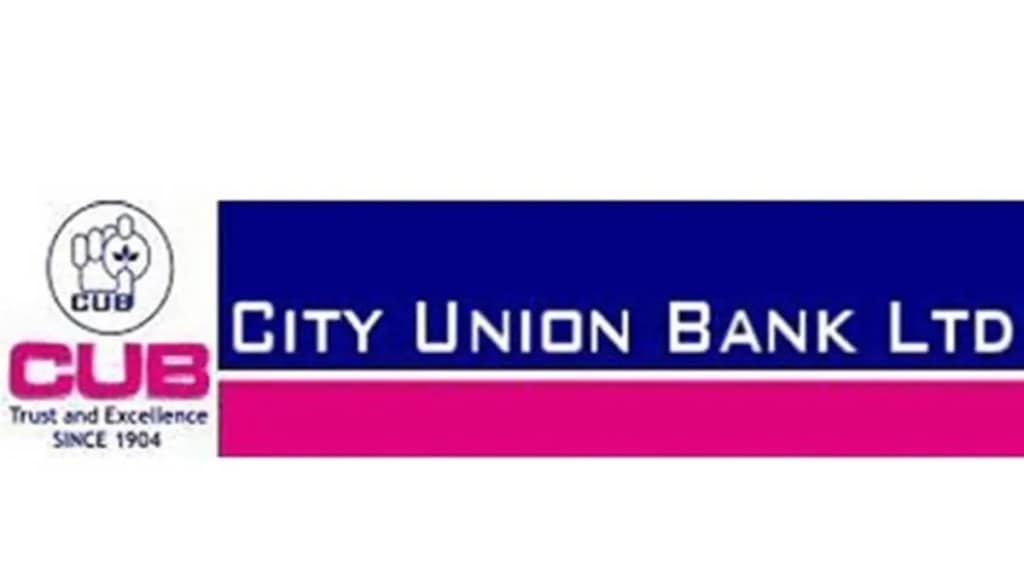Private sector lender City Union Bank is in the final stages of appointing Boston Consulting Group to upgrade its existing digital lending process, with increased focus on retail products such as housing, vehicle and personal loans.
N Kamakodi, MD & CEO of of the bank, had told an earnings call that currently they do not expect any major changes in their overall loan mix but may think about it for 2024-2025 as many of bank peers have shown greater growth in the retail segment.
The major segment for the bank is MSMEs with 43% share and much of its advances come under gold loan, which is presently at 25% of is advances.
“Historically, we did not concentrate much on segments like housing, credit cards, vehicle loans, personal loans, loan against properties as well as a co-lending model. Now, we could see that our peers are growing in these segments. Based on our learning in the past three or four years, we are on the verge of finalising Boston Consulting Group (BCG) as our consultant to upgrade our existing digital lending processes,” he said.
According to him, FY23 had been a decent year despite challenges. Most of the parameters like PAT growth, reduction in NPAs and ROA growth had been broadly in line on annual estimates while the growth was below expectations.
The bank had tightened its underwriting process even before the Covid pandemic when its approval rate for new customer logins, which used to be 45%- 50%, was brought down to around 25%.
Speaking on the asset quality of the bank, Kamakodi said slippages in FY23 had been slightly higher than expected. The bank had estimated the slippage for FY23 to be in the range of 2.5%-3% of closing advances.
However, in addition to those accounts which were marked as NPAs by system automation, based on the bank’s past learning, it had identified some accounts as NPAs in Q4 FY23, which were showing signs of sickness but are not marked by the system as NPAs.
“After taking into consideration of all these, our slippage for FY23 was at 3.02% which is 2 bps higher than our expected range. Our gross NPA stood at Rs 1,920 crore as of March 31, 2023 and GNPA ratio stood at 4.37% as against 4.70% in FY 22. We expect good moderation in slippage this year,” he said.
The recovery had improved substantially during FY 23, with a total recovery/upgrade of Rs 1,107 crore, comprising Rs 813 crore from live accounts and Rs 294 crore from technically written off (TW) accounts as compared with Rs 795 crore, comprising Rs 607 crore from live accounts and Rs 188 crore from TW accounts in FY 22.
The NPA addition minus total recovery for FY23 improved to Rs 222 crore from Rs 481 crore in FY22. Net NPA also improved from 2.89% in FY 22 to 2.36% in FY23 and it reduced sequentially from 2.67% in Q3 FY 23 to 2.36% in Q4 FY 23.
“We expect further substantial improvement in recovery in the current year also to get NNPA back to pre-Covid level in the coming 4-5 quarters,” he said.

